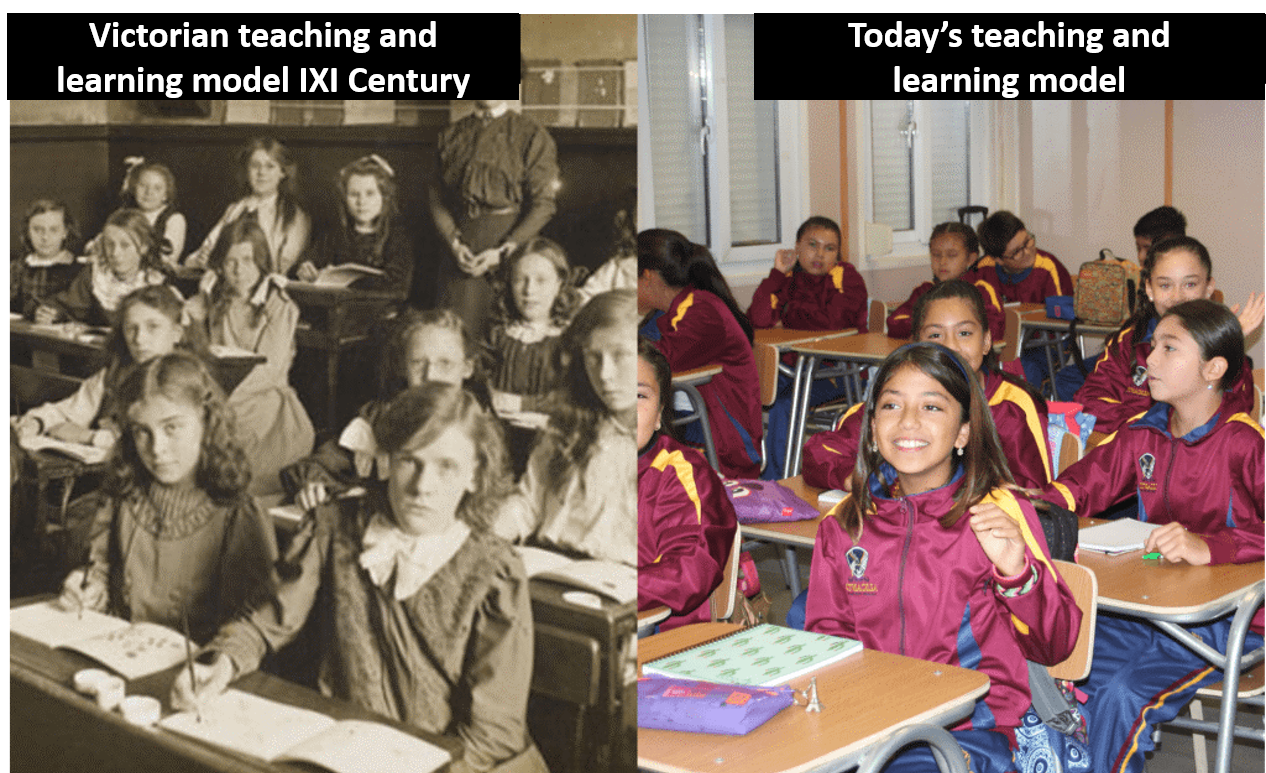
I have always thought that how we test and teach is inefficient and dated. I have always been an active learner, and especially being a biology major, I can see the difference between active and passive learning firsthand. When learning anatomy, it is hard to understand why pairs of muscles work in particular ways, or why certain joints function the way they do until you see them in the lab. The tests for anatomy courses rely on the student having intimate knowledge of the body, asking third-order thinking questions like “What functions of the lymphatic system would be affected in a person born without a thymus? How would this then impact the circulatory system?”. As such, the best way to study for biology exams is through active learning. Using interactive anatomy apps (like Anatomy 3D Atlas), websites, or simulations are extremely helpful as it is imperative to make as many connections between different topics as possible.
Language learning is the same. You could learn Japanese out of a textbook for three years and still not understand a word of native or colloquial Japanese. Having hands-on experience with things helps immensely. In fact, learning from Duolingo, which puts new vocabulary and grammar into context, was especially helpful to me. Looking at Bloom’s Taxonomy, you can see why out of the four areas of language (reading, writing, listening, and speaking), speaking is the hardest. It requires you not only to understand the words and grammar the other person is using, but also what they mean in a specific context, connect that with your own thoughts, and formulate a response that fits the situation. This is why a highly effective way to practice a language if to talk out loud to yourself, asking yourself questions and answering them.
I have also always used Khan Academy. I find Khan’s way of teaching (i.e. continue to do questions until you get five correct in a row) to be helpful specifically for more route-memory subjects like math. Regarding the school system and student-centered learning, I have never agreed with the general standard of public high schools’ deal approach to teaching. When every course caters toward the lowest common denominator, you lose many students along the way. Restricting teaching to one particular way, leaves no room for personalized learning or creativity. I also find the common idea of ‘if your teacher won’t explain it to you, learn it on your own’ to be frustrating. Especially in high school when you are sub-sequentially reprimanded when you are not paying attention in class. Students are expected to teach themselves, are not given the tools to be able to, and then when they use their class time to teach themselves they are told to stop. As well, instructors very rarely return tests and quizzes to their students, even going so far as to not let them see which questions they got incorrect. How are we supposed to learn if not from our own mistakes? This harkens back to a common application of personalized learning: “grade interviews”. In her blog, Catlin Tucker speaks about how she holds interview-style check-ins with her students about their grades, allowing them to assert how they think they are doing and giving them a chance to discuss and get feedback from their teacher. Does this not sound similar to performance reviews in an office setting? Without the ability to know where you are going wrong, it is almost impossible to correct your performance and move forward.
The rigidity in the school system also has been spotlighted by the insurgence of AI programs, namely ChatGPT. If students are able to type the prompt of their essay into an AI neural network and receive an essay that meets the teacher’s standards, what does that say about the original essay prompt? Machine learning relies on repetition and input, feeding immense amounts of data through a system, analyzing and amalgamating it, and finding the averages. Since it cannot create new ideas or interpret the data in any way without strict instructions, asking ChatGPT to write your essay for you will result in an unoriginal and generalized essay. Is the onus truly only on the student? Or does some responsibility also fall into the hands of the educators who are expecting students to write bland, robotic essays?
https://www.7generationgames.com/education-has-not-change-in-centuries/ https://www.edelements.com/blog/six-examples-of-what-personalized-learning-looks-like